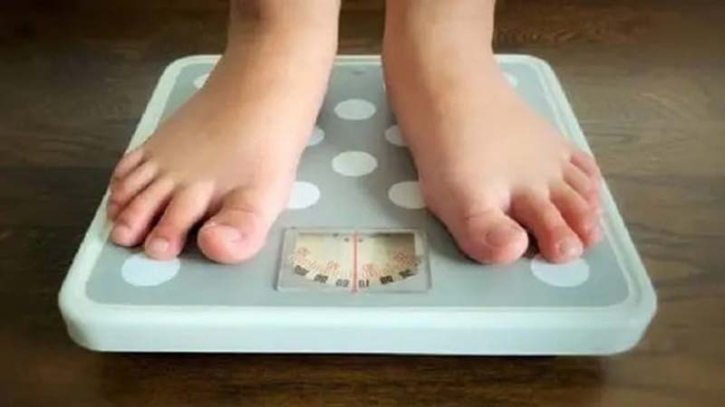Weight loss drug deemed safe and effective for children under 12: study

A weight loss drug has been found to be generally safe and effective for children under 12 suffering from obesity, according to a small study published on Wednesday. The findings have been cautiously welcomed by external experts.
A new class of weight loss drugs known as GLP-1 agonists has gained immense popularity worldwide over the past few years, leading to stock shortages and widespread off-label use, despite their high cost.
However, limited research has been conducted on how these drugs affect young children.
According to the World Health Organization, childhood and adolescent obesity has quadrupled since 1990, yet there are no regularly prescribed medications available to treat obesity in children.
This study focused on an older GLP-1 agonist called liraglutide, marketed under the brand name Saxenda by the Danish pharmaceutical company Novo Nordisk, which also manufactures the popular semaglutide-based drugs Ozempic and Wegovy.
The US-based phase 3 trial, funded by Novo Nordisk, was the first to explore the effects of liraglutide on children under 12.
The trial involved 82 children aged six to 12 with obesity, with some randomly assigned a daily injection of liraglutide, while others were given a placebo. All participants were encouraged to exercise and follow a healthy diet.
After just over a year, 46 percent of the children receiving the drug saw a reduction in their body mass index (BMI) by at least five percent, according to the study. In contrast, only nine percent of the placebo group achieved a similar reduction. BMI, which factors in height, was used because children in this age group grow rapidly.
Some children taking the drug reported side effects such as nausea and vomiting, which were consistent with those experienced by adults, the researchers noted.
Claudia Fox, lead author of the study from the University of Minnesota, stated that children with obesity are often simply advised to "try harder with diet and exercise." However, these findings offer hope that a medication could one day assist these children in "living healthier, more productive lives," she said in a statement.
Concerns over stunted growth
Stephen Burgess, a statistician at the University of Cambridge who was not involved in the research, said the study demonstrated that these drugs could "help change the trajectory of weight gain in young children."
"Although weight loss injections are not the ideal solution to childhood obesity, the reductions in BMI for trial participants were maintained even beyond the treatment period," he told AFP.
Simon Cork, a researcher at Anglia Ruskin University in the UK, commented that "the evidence that liraglutide is both safe and effective in children is encouraging."
However, Cork raised concerns about the potential risk of stunted growth in children using weight loss drugs like GLP-1 agonists, which work by suppressing appetite.
The new study found no evidence of stunted growth.
Nevertheless, Cork emphasised the need for further long-term studies to ensure that appetite suppression in children does not lead to unforeseen negative effects on their development.
The findings were presented at the European Association for the Study of Diabetes conference in Madrid and were also published in the New England Journal of Medicine.
 (5).png)








